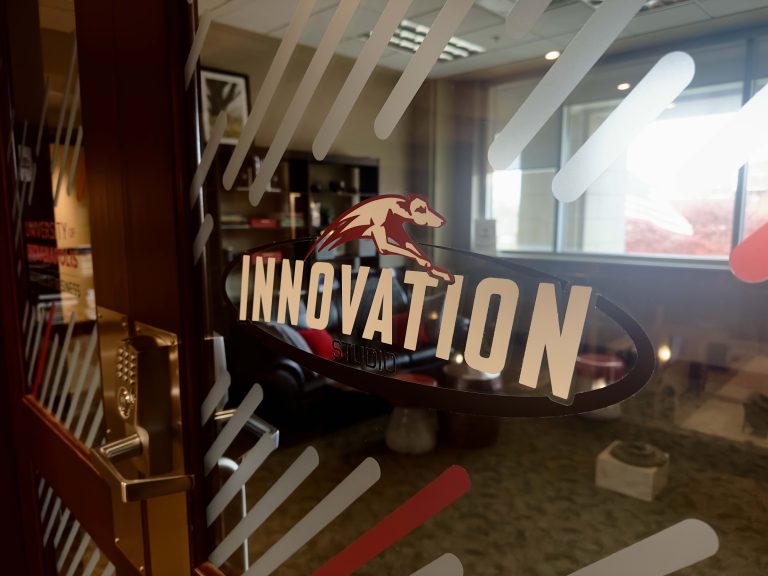YouTube is one of the fastest growing media platforms in the world. In a few years, it has turned from a platform for cat videos to a space where serious content creators crank out regular videos and get paid for their efforts. With this trend, one of the largest demographics of content creators is college students. Whether it be video blogs, video game “Let’s Play” walkthroughs or other content, the creators put a lot of work into their projects. Some students find that they cannot support running a channel full time and doing work for their channel as well, so one or the other may fall to the wayside.
Levi Ward, a University of Indianapolis sophomore nursing major, started a small channel as a hobby with a few of his friends from high school. In the choice between YouTube and school, Ward opted for school. Although he and his friends still put out nearly weekly content on his channel, entitled “NoContext,” he still puts his school work first. He has the help of several of his friends to divide the work with and release their videos.
“There is really a fine balance,” Ward said. “You find a little bit of extra time between studying for classes. You find like eight hours straight where you and a couple of other people can sit down and record a “Let’s Play” or a video.”
In contrast to Ward’s small channel, professional YouTuber Jeremy Scott runs the popular channel CinemaSins. He and his partner, Chris Atkinson, release two videos every week that point out the inconsistencies, plot holes and other mistakes that happen in movies. At the time of this publication, his channel had nearly 4 million subscribers and more than 600 million views on the main channel alone.
Scott graduated from Olivet Nazarene University with a major in speech communication before starting his work with YouTube. Scott reflected on how he would have managed his time working on his channel, which he said is more than 50 hours a week, and the work it takes to be in college if he had been doing the work at that time.
“Drop-out city. No other option,” he said. “Not only would I simply have cared more about the channel than my grades . . . I wouldn’t have had time for school after the channel took off. And for the record . . . what I wouldn’t give to be able to go back to college age and have the tools like YouTube and Adobe Premiere.”
Even splitting the work among Scott, Atkinson and their editor, Brad Cash, the workload is still equivalent, if not greater than, any other full-time job.
“Right now we are still the sole writers for each episode. Writing a “Sins” video requires about 8 to 10 man-hours of watching, pausing, analyzing and writing,” Scott said. “And we do two to three a week—just the writing. Our editor, Brad, does the bulk of the editing work, and then we come behind and add outtakes and make tweaks here and there. We’re both easily putting in 50 hours a week on average.”
Despite the time and effort that content creation takes, Ward said that one day he wants to have a chance to run a channel professionally.
“I would love the chance to take this further than it currently is,” Ward said. “One of my big things is [that] I don’t necessarily want to have a lot of followers, I just want to make the YouTube Rewind once. That’s where they go through and highlight all of the famous channels. I just want to be on there once.”
Scott has some advice for anyone who is trying to make the decision between running a channel and going to school.
“Well, priorities. What’s more important to you, your degree and college experience or your YouTube channel? I’m not saying either is a wrong answer, but you should definitely prioritize whatever’s more important to you, because it’s tough to grow a channel on its own . . . even if you’re not also simultaneously trying to get a degree,” Scott said. “It’s possible, but I think only if you are clear with yourself about which of the two is most important to you. I know people that are skipping college to work on their YouTube presence. And I know people that have put YouTube on a hold or a slower release schedule in order to get a degree. Both are admirable, I think.”








